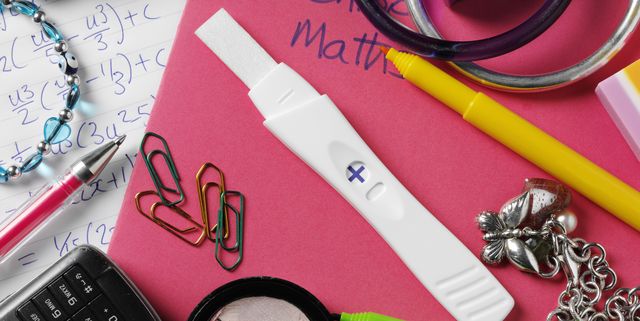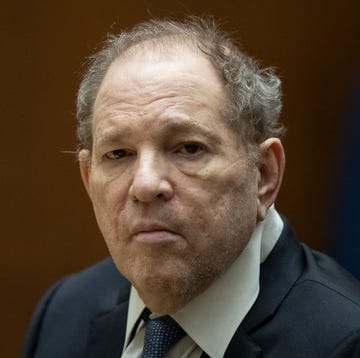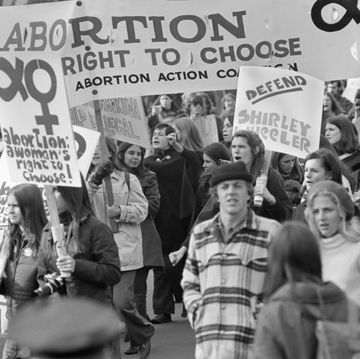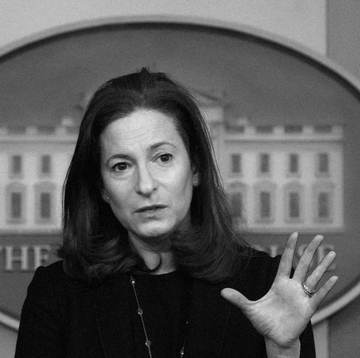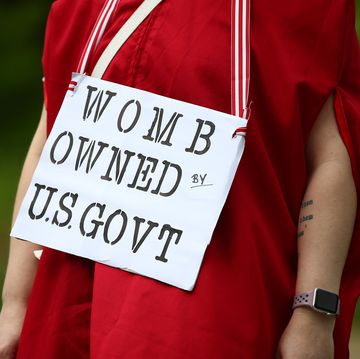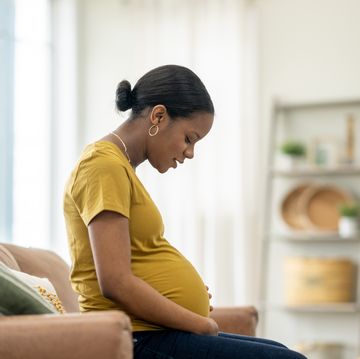Teen births in the United States are at an all-time low. A number of factors have contributed to this downward trend, most significantly declines in the number of teens who have ever had sex and, among sexually active teens, increased use of effective contraception.
This progress is a result of decades of providing access to critical sexuality education information and contraceptive services to youths. This access has only been made available because youth advocates have worked tirelessly to demonstrate that talking about sex does not increase sexual behavior.
Those of us who work in this field know we still have a long way to go, as the U.S. teen birth rates are still the highest of all industrialized nations and great disparities persist among racial/ethnic groups in this country. Thus, Healthy Teen Network, where I serve as president and CEO, believes that our sparse resources should expand on what is working to increase access to comprehensive sexuality education and sexual health services to more youths, such as investing in proven effective programs while promoting innovative ways to reach more youths.
So to say we are dismayed by recent actions of the Trump administration, under the leadership at the Department of Health and Human Services (DHHS), is an understatement; we are appalled.
Flying in the face of what has proven effective and preemptive of budget decisions by Congress, DHHS leadership has decided to disrupt the progress of the existing Office of Adolescent Health (OAH)-administered Teen Pregnancy Prevention Program (TPPP) projects by shortening the project period from five to three years among current grantees and eliminating the funding going to some groups immediately. These changes, if allowed to remain, represent a loss of $213.6 million in spending to support youths. Healthy Teen Network is but one institution among more than 80 across the U.S. affected by this sudden and unusual activity.
This decision also seems particularly out of character for an administration that claims to want to reduce government waste. For the most part, these projects are either preparing schools and communities to implement adolescent sexual health initiatives, or developing and testing new efforts that will address sexual risk-taking behaviors. Ending a project two years early means research findings are incomplete and sustainability is lost, rendering the dollars spent to date a loss. For example, we are in the middle of a study to demonstrate the effectiveness of a teen pregnancy prevention app. Without adequate funding, we will not be able to determine if the app does in fact promote healthier behaviors, nor will we have the funds to support dissemination that would get this app in the hands of those who most need it — youths without access to comprehensive sex ed.
So why this rash, unsubstantiated, and wasteful action on the part of DHHS? One word: ideology. Members of DHHS leadership are strong opponents of comprehensive sexual education and contraceptive services, and vehement proponents of abstinence-only education. Abstinence-only education (recently rebranded as “sexual risk avoidance”) has not been proven effective in reducing teen sexual risk-taking behaviors, and in its strictest form does not allow for information on how to stay safe if and when one does become sexually active. And since almost half (41 percent) of high school students report having had sexual intercourse, this limited view of sexual behavior among youths will undoubtedly lead to higher teen pregnancy, abortion, and sexually transmitted infection rates.
Is this what this country wants? In fact, we know the opposite is true. In a January 2017 survey by the National Campaign to Prevent Teen and Unplanned Pregnancy, 85 percent of surveyed adults — 75 percent of Republicans and 89 percent of Democrats — reported supporting continuation of the Teen Pregnancy Prevention Program funding. In work Healthy Teen Network is currently doing with a communications firm to identify common ground on our issues across party lines, we have learned that conservative-leaning individuals from over a dozen agencies support the inclusion of a broad array of topics in sex ed for teens as long as educators simply provide medically accurate information — they believe it is the role of parents to instill values around this topic. And yet the abstinence-only programs favored by the DHHS don’t follow that model: Instead, they push insular (rather than universal) religious values, often grounded in evangelical Christianity, promoting morality rather than public health. Furthermore, many of these programs provide false, misleading, or medically inaccurate information.
Youth sexual health must not become a political football in this nation’s increasingly divisive climate. Policymakers at all levels of government must champion youth access to quality comprehensive sex education and sexual health services, and assist schools and communities to obtain the resources necessary to institutionalize these programs. DHHS must remain committed to quality sex education that includes information about the benefits of abstinence, as well as contraception.
It is not too late to undo what has been done. Despite the DHHS move, the House is just beginning its budget process so you still have an opportunity to make a difference. But you must act quickly. Call or email your legislators now, educate them about what these changes mean for their communities, and demand that the Trump administration not play politics with the lives of teens.
Patricia Paluzzi is the president and CEO of the Healthy Teen Network.
Follow Patricia on Twitter.
